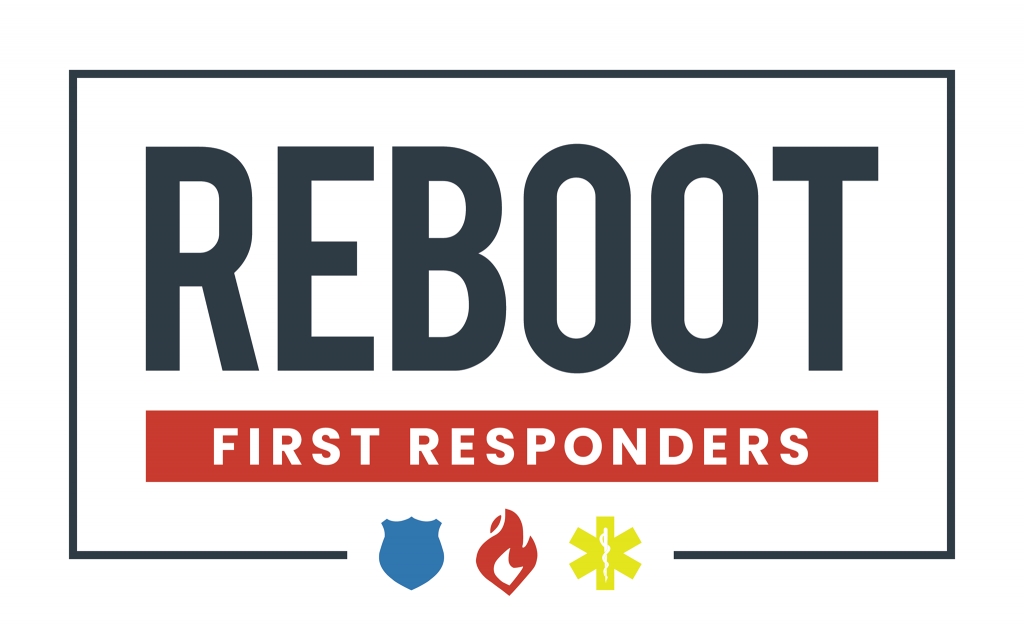Worry
How It Leads to Anxiety, Stress, Depression, and Suicide

photo by Gabriel on Unsplash
Everyone worries, they worry about everyday things, some worry all the time, even though everything is fine. Worry is a part of life, a natural reaction to stress, or a troublesome event; it brings up negative thoughts of what could happen. “Recent studies showed that two out of five Americans worry daily.”[1] Worry does not need any help in entering our thoughts. No one teaches us how to worry; like our heartbeat, it comes naturally. Not being productive, it is something we do over and over. Remember, bad things are going to occur.
Cast your cares on the Lord and he will sustain you;
he will never let the righteous be shaken.
Psalm 55:22 NIV
As a noun, the Cambridge English Dictionary defines worry as:
To think about problems or unpleasant things that might happen in a way that makes you feel unhappy and frightened.
Worry is a part of Anxiety; however, they are not the same. The American Psychological Association describes anxiety as; an emotion characterized by feelings of tension, worried thoughts, and physical changes like increased blood pressure.
Worry is also a component of Stress; the Cambridge English Dictionary defines stress as:
Great worry caused by a difficult situation, or something that causes this condition
Worrying and anxiety are an everyday occurrence; however, daily worry usually does not interfere with normal functioning and is not very intense; in fact, you control the duration and intensity of worrying. Everyday worry is temporary and tends to be situation-specific, keeping your thoughts in perspective. Worry is based on factual events, and not speculation. Worry can be beneficial, causing you to think things through, possibly generating solutions to real issues.
While stress and anxiety may share some of the same symptoms, they are two separate mental and physical illnesses. Anxiety is a sustained mental health disorder that is caused by stress and does not go away quickly. Stress is a response to a situation and can be positive or negative. Negative stress (distress) is perceived to be outside of our ability to cope and can lead to mental and physical problems. Negative or sad experiences can cause distress as well as fear and worrying. Positive stress (eustress) is motivating and leads to performance improvements. It is exciting and fits well within our ability to cope.
Also, being “inside your head,” anxiety consists of three components: cognitive, emotional, and physiological. Anxiety can be characterized as a severe, persistent excessive worry that impairs daily functioning, causes distress, and occurs for a significant period, impacting your quality of life. Anxiety leads you to the “Worst-Case Scenario” thought process. It causes you to blow things out of proportion, making it challenging to forget those catastrophic thoughts.

photo by Anaya Katego on Unsplash
People who feel extremely worried, anxious, or nervous about things, even when there is no reason to, are often diagnosed with General Anxiety Disorder (GAD). GAD is characterized by extreme worry or anxiousness for no apparent reason. “People with GAD find it difficult to control their anxiety and stay focused on daily tasks.”[2] Usually, a GAD diagnosis comes after days and months of constant worry. GAD affects 6.8 million adults, or 3.1% of the U.S. population, in any given year.[3] Like worry and anxiety, GAD can lead to depression.
Therefore, I tell you, do not worry about your life, what you will eat or drink; or about your body, what you will wear. Is not life more than food, and the body more than clothes?
Matthew 6:25 NIV
Worry, anxiety, and stress all lead to serious health issues. They are associated with insomnia, gastrointestinal distress, hypertension, obesity, coronary disease, heart attack, and stroke. Extreme worry, anxiety, and stress can be mentally destructive, leading to depression.

photo by nikko macaspac on Unsplash
Being the leading cause of disability in the United States, among those between 15-44 years of age,[4] depression is in the top three of all workplace issues. About two-thirds of those suffering from depression never seek help nor receive proper treatment. It is a state of mind and a brain disorder that is associated with loss of energy, loss of thought process, and thoughts of suicide. Depression represents 99 percent of all mental illnesses and is the primary reason why someone dies by suicide every twelve minutes, over 41,000 per year.[5]
Although the majority of people who have depression do not die by suicide, having major depression does increase suicide risk compared to people without depression. The risk of death by suicide may, in part, be related to the severity of the depression.[6] As a mood disorder, major depression is estimated to be involved in about 60 percent of all suicides.
Suicidal ideation is thoughts about or planning suicide. These thoughts are caused by anxiety, stress, and depression. Most people who have had suicidal thoughts do not complete the act. People who do complete the action of suicide show one or more warning signs; the more the signs, the higher the risk. Often, those who are suffering don’t realize help is available. They don’t want to die; they just want the pain to stop.
Spiritual Amnesia
“Spiritual amnesia is when we get so worried and nervous and anxiety-ridden over our future because we’ve forgotten God’s track record of helping us in our past.”[7]
For Christians, worry and anxiety are a form of Spiritual Amnesia. The Gospels tell several stories of the disciples showing a lack of faith by worry. We must remember how we became engulfed in worry and anxiety; how God has come through for us time after time. Forgetting what God had done for us in the past only opens the door to worry in the future.

photo by Priscilla Du Preez on Unsplash
Spiritual amnesia is not a new problem. The Bible tells us in the Old Testament after the death of Gideon how the Israelites turned away from God. Judges 8:34 says: and did not remember the Lord their God, who had rescued them from the hands of all their enemies on every side. The word remember is mentioned over 350 times in the Bible. The writer of Psalm 77:11 states clearly what we need to do;
“I will remember the deeds of the Lord; yes, I will remember your miracles of long ago.”
Spiritual amnesia is very contagious in our culture, as we have too many distractions. It is to easy to fall into the sin of worry or anxiety. Pray instead of worrying; it is hard to do both at the same time. There is a better chance of changing your situation by prayer then there is by worry. In our prayers, we thank God. We thank Him for what He has done for us in the past, and we thank Him for the promises made to us. We thank Him for caring for us, and we thank Him for coming to our rescue at the right time, to accomplish what He wants us to do in our lives.
We thank Him for His promise in Isaiah 41 verse 10 that says, “So do not fear for I am with you. Do not be dismayed for I am your God. I will strengthen you, and I will help you. I will uphold you with My righteous right hand.” And we thank Him for His promise in Joshua 1 verse 9. Says, “Do not be afraid. Do not be discouraged. For the Lord, your God will be with you wherever you go.”[8]
In dealing with worry, anxiety, stress, and depression, the Bible has always provided the solution.
6 Do not be anxious about anything, but in every situation, by prayer and petition, with thanksgiving, present your requests to God. 7 And the peace of God, which transcends all understanding, will guard your hearts and your minds in Christ Jesus
Philippians 4:6-7 NIV
- Lee Strobel, “Trusting God in Worrisome Times (Part 1 of 2),” Focus on the Family, aired / published March 25, 2020, https://www.focusonthefamily.com/episodes/broadcast/trusting-god-in-worrisome-times-part-1-of-2/ ↑
- Generalized Anxiety Disorder: When Worry Gets Out of Control, National Institute of Mental Health, accessed March 31, 2020, https://www.nimh.nih.gov/health/publications/generalized-anxiety-disorder-gad/index.shtml ↑
- Generalized Anxiety Disorder (GAD), Anxiety and Depression Association of America, accessed April 2, 2020, https://adaa.org/understanding-anxiety/generalized-anxiety-disorder-gad ↑
- Kessler RC et al. Prevalence, Severity, and Comorbidity of Twelve-Month DSM-IV Disorders in the National Comorbidity Survey Replication (NCS-R). Archives of General Psychiatry, 2005 Jun; 62:617-627. ↑
- Centers for Disease Control and Prevention (CDC) Web -based Injury Statistics Query and Reporting System (WISQARS) [Online].(2013,2011)National Center for Injury Prevention and Control, CDC (producer). ↑
- “Does depression increase the risk for suicide?” U.S. Department of Health and Human Services, accessed April 2, 2020, https://www.hhs.gov/answers/mental-health-and-substance-abuse/does-depression-increase-risk-of-suicide/index.html ↑
- Lee Strobel, “Trusting God in Worrisome Times (Part 1 of 2),” Focus on the Family, aired / published March 25, 2020, https://www.focusonthefamily.com/episodes/broadcast/trusting-god-in-worrisome-times-part-1-of-2/ ↑
- ibid ↑










